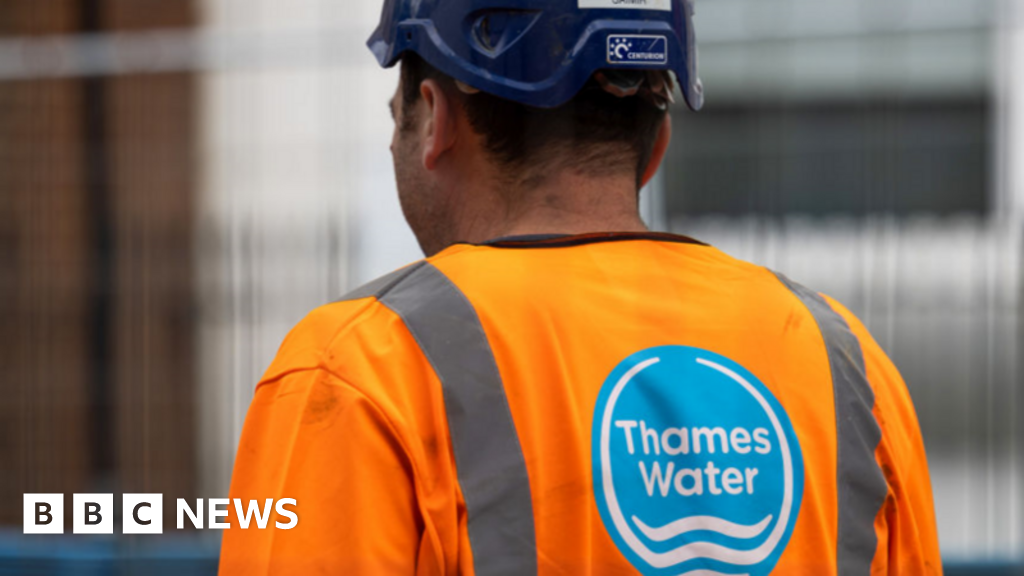ARTICLE AD BOX
By Daniel Thomas
Business reporter, BBC News
Image source, Getty Images
A global advertising agency has told the BBC it plans to fully reopen its UK offices on Monday after the government scrapped its work-from-home guidance for England with immediate effect.
However, like many companies, Havas says its staff will be spending at least some time working from home.
One business group said many firms would be wary about rushing back to offices at time of high staff absences.
But others expect commuters to return, boosting ailing city centres.
The government introduced its Plan B restrictions in December to battle the Omicron variant, but on Wednesday eased them with immediate effect saying infections had peaked nationally.
The requirement for mandatory face coverings in public places and Covid passports will also both be ditched from next Thursday.
Havas, a French advertising agency with 11,500 staff worldwide, said it would be "fully reopening" its London office from Monday, after a month of employees working from home.
"We will take the same approach as we did last September [when restrictions were previously eased]," global head of creative Chris Hirst told the BBC's Today programme.
"Many of our employees really do want to come back into the office, but there are some people who are nervous and we don't have a one size fits all approach to that.
"We'll be talking to those people individually and finding solutions that work for them."
The insurer Zurich, which employs 4,500 in the UK, also said it was "excited" to welcome staff back to its offices.
But chief operating officer John Keppel he expected most staff would continue working on a hybrid basis, as they had done for several years.
"We had a flexible working policy prior to the pandemic, but [Covid] meant suddenly everybody was experiencing the benefits and some of the downfalls and we've learnt a lot," he told the BBC's Wake up to Money.
"Most of our employees will be operating some form of flexible working going forward."
'Greater consistency'
Business groups have broadly welcomed the easing of Plan B restrictions in England, with the CBI calling for "greater consistency in how we live with the virus in the longer term".
Lord Stuart Rose, chairman of Asda and former boss of Marks and Spencer and Argos, hailed the decision to scrap the guidance, saying he cannot believe we have a "nation sitting at home" because of Covid.
"I cannot believe we have a nation sitting at home now cowered by this government, because they are fearful of this virus," he said.
"It is something we have to now live with."
Image source, Getty Images
But some have questioned the safety of the move at time when the NHS remains under severe pressure.
The British Chambers of Commerce also urged the government to improve access to rapid testing so firms could bring staff back to workplaces with confidence.
"With infection rates still high, many firms are experiencing significant staff absences and will be cautious about teams rushing back to the office when that could result in further absences," director General Shevaun Haviland said.
"Maintenance of testing capacity must also be a priority for government, with reports still reaching us of firms unable to access rapid testing at times when they need it."
Boost for city centres
Unions also said employers had to ensure a safe return to work, and provide flexible working when staff wanted it.
The TUC also called for better a better sick pay offer from government amid concerns many that workers will end up being infected and have to take time off on statutory sick pay.
Others, however, said the change in guidance was overdue for city centre retailers, whose rely on commuter trade which has dried up over the last few months.
On Thursday the City Pub Group, which has 46 sites, said it expected "consumer confidence and consequently demand" would continue to build once office workers return to work.
And the Gym Group said demand was returning after a slow December, and would "show further improvement" due to the end of work from home guidance.
Matthew Fell, the CBI's chief policy director said: "Blanket work-from-home guidance has had significant downsides for city centre trade in sectors such as hospitality and retail."
A total of 70% of 1,684 people polled predicted that workers would "never return to offices at the same rate".

 3 years ago
37
3 years ago
37








 English (US) ·
English (US) ·